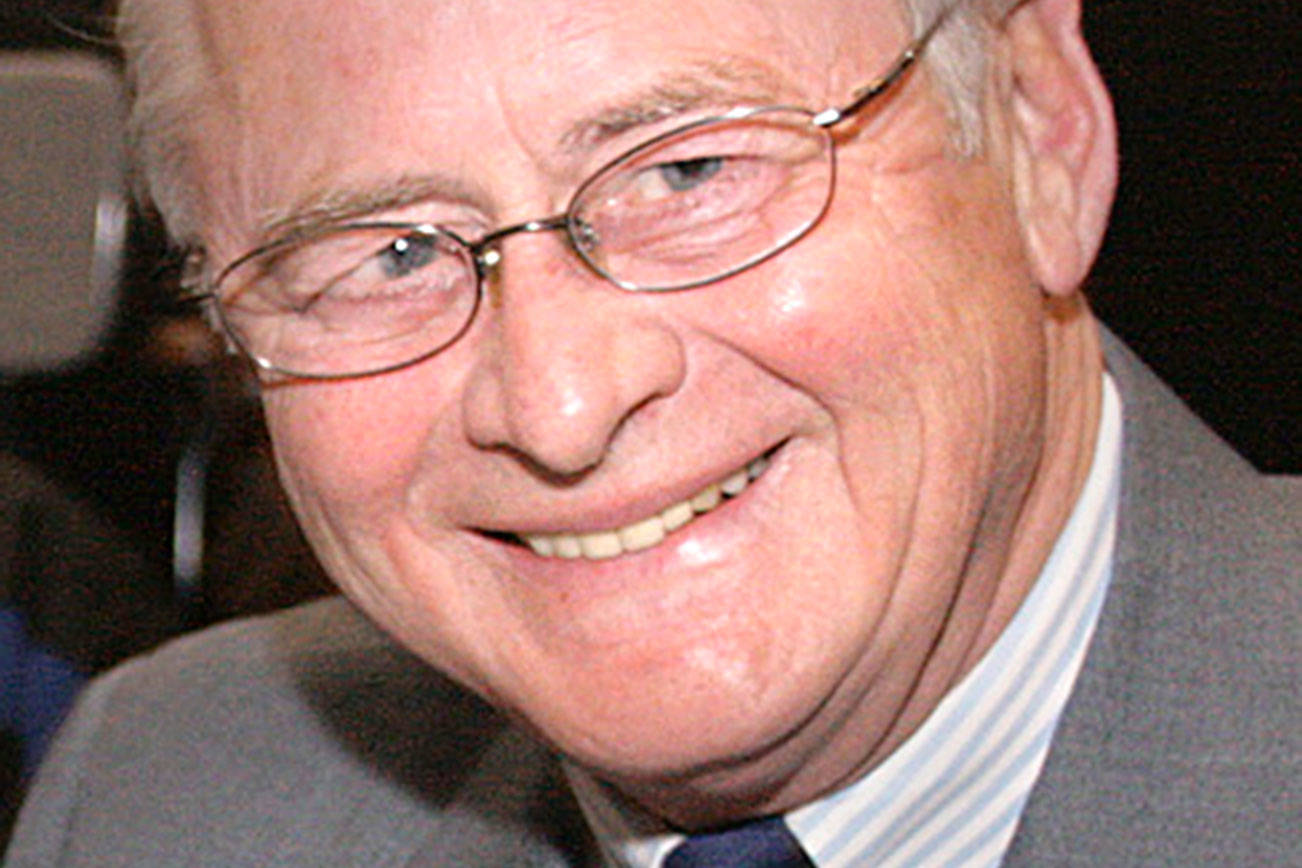COVID-19 has made the workplace more hazardous because the virus, particularly the delta variant, gets transmitted by air and proximity to infected people.
What value do employers put on their employees? Most private sector employers would say their employees are a main reason for their success. These employers have invested significant training, salaries, benefits and promotions in their employees.
It appears that some governments have different views about what their employees need to know as many city facilities are opening back up following Gov. Jay Inslee’s reopening of the state for business as of June 30.
Inslee started with restaurants, bars and other high-use areas. During the past 18 months, many businesses and governments have been closed to in-person transactions. Others have upgraded their ventilation systems so employees can continue to come to work safely. Some staff have worked from home or have rotated with other staff. Most have become very familiar with meetings on Zoom.
Several city governments have reopened to the public and others are starting to phase in their reopening. However, in some cities, employee concern about exposure to COVID-19 has caused each city to use its own plan for reopening. Some cities have continued allowing their employees to work from home, or work a reduced in-person schedule. Fully vaccinated people have been allowed to discontinue wearing masks in public places, and more people are now traveling than before.
But that may not last. Wearing masks has also become partisan because many Republicans have followed former President Donald Trump and are refusing to wear a mask.
The continued difficulty with getting enough people vaccinated, along with the emergence of the delta virus strain, has already caused reconsideration of when masks should be worn. City Hall decisions may also need to be reconsidered to ensure employee workplace safety.
The Department of Veterans Affairs, which runs one of the largest health systems, has already announced that it would mandate vaccinations, putting pressure on President Joe Biden to extend that mandate to all federal agencies. It also appears that the private sector is starting to move in the direction of mandatory vaccinations. College campuses are talking about ensuring student, staff and faculty safety by requiring vaccinations. New York and California will require health providers “to be vaccinated or don’t come to work.” And school districts have likely already discussed opening schools this fall with vaccinations required.
Some local governments appear to be digging in their heels prematurely on what employees need in order to return to work. The King County Heath Department has recently returned to its policy of urging masks for all indoor meetings. Some cities such as Mercer Island have delayed the re-opening of several city buildings until September.
Government employees want to feel assured that their mayor and council value their health and job contributions. They know the city has priorities and want to know they are one of those priorities. They can also read the budget and know police usually get what they want.
When will home and work life return to pre-pandemic ways? At this point, no one knows.
Despite both public and private efforts to make a smooth transition, human services managers are preparing for several challenges. Child care will become a more important issue, as will stress and mental health counseling, along with drug and alcohol abuse, which will be part of what human services professionals watch for. For those already fully vaccinated, booster shots may become part of labor negotiations as we learn more about the delta variant. The workforce that left will not be the same as the one returning.
There is significant informal communication among staff from all cities. They know what each city is doing, and how they are treating their employees in these unpredictable times. They also know the pressure on them will continue.
City leaders who make decisions without including staff input run the risk of losing their staff’s trust and confidence. When bigger decisions are needed, staff may go job hunting elsewhere.
Federal Way resident Bob Roegner is a former mayor of Auburn. Contact bjroegner@comcast.net.



